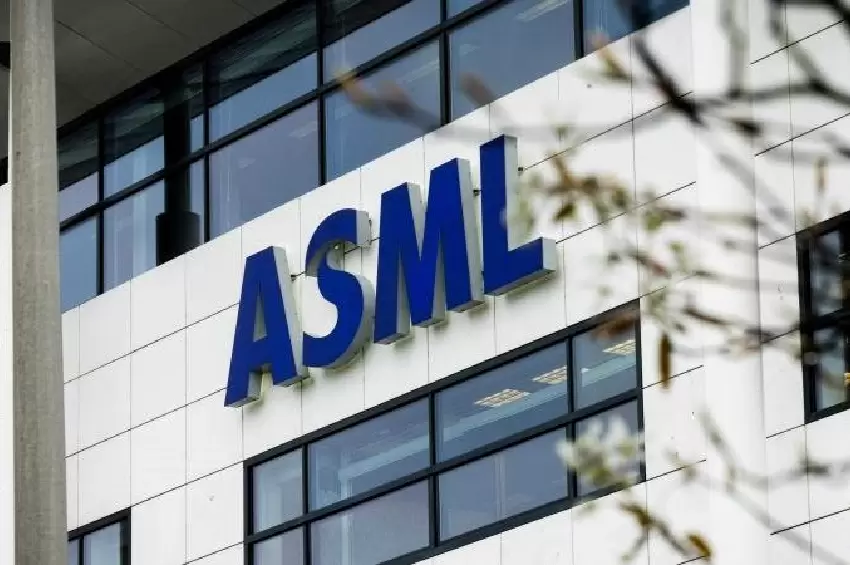EU's Carbon Tariff: A New Challenge for Global Trade
The European Union's decision to implement a carbon tariff from next year, followed by the UK, poses significant challenges for countries like India. This move comes amidst a backdrop of geopolitical tensions, tariff uncertainties, and various economic policy measures. The Economic Survey has highlighted the dual challenges faced by such nations: not only must they accelerate and sustain growth, but they must also address climate change mitigation and adaptation. Striking a balance between these objectives is crucial.

Understanding the Carbon Border Adjustment Mechanism (CBAM)
The EU's Carbon Border Adjustment Mechanism targets carbon-intensive products, including iron and steel, aluminium, cement, and fertilisers. Currently, it focuses on direct emissions from production processes, but the proposed UK CBAM aims to cover both direct and indirect emissions. This mechanism seeks to equalise carbon prices globally, potentially undermining the competitive advantage of developing countries, including India and the least developed nations.
India's Stance and Potential Countermeasures
India has expressed opposition to CBAM, viewing it as a non-trade barrier that could disadvantage developing economies. The country is considering adopting similar tools in response. The proposed ban on steel scrap exports from the EU, a crucial input for steel production, could hinder developing countries' ability to produce more carbon-efficient steel. This move has been interpreted as the EU attempting to benefit from both sides while imposing trade restrictions.





Comments